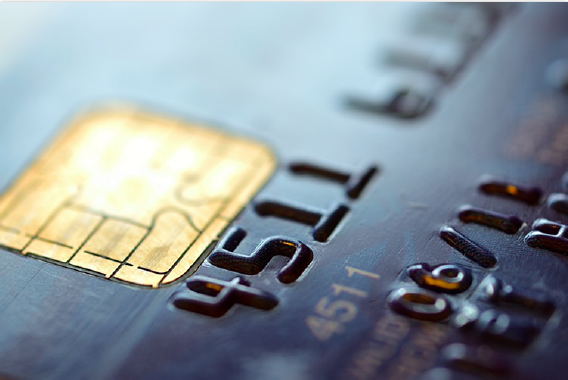Did you know that failing to pay back credit card or other unsecured debt you were obligated to pay back to a commercial lender may create an income tax liability for you?
Yes, sometimes, it’s true.
If you fail to pay back money that you borrowed from a commercial lender, be it on credit card or other unsecured debt, and the lender later cancels or forgives the debt, you may have to include the cancelled amount as income for tax purposes, depending on your specific circumstances.
When you borrowed the money you were not required to include the loan proceeds in income because you had an obligation to repay the lender. When the obligation is later forgiven, the amount you received as loan proceeds is normally reportable as income because you no longer have an obligation to repay the lender. The lender is usually required to report the amount of the canceled debt to you and the Internal Revenue Service on Form 1099-C, Cancellation of Debt.
However, there are some exceptions that may allow a taxpayer to escape paying tax on all or part of cancellation of debt income to be reported on your Form 1099-C. The most common situations when cancellation of debt income from credit card and other unsecured debt are not taxable is:
- Bankruptcy: Debts discharged through bankruptcy are not considered taxable income.
- Insolvency: If you are insolvent when the debt was canceled, part or all the canceled debt may not be taxable to you. You are insolvent when your total debts are more than the fair market value of your total assets. Normally, you are not required to include forgiven debts in income to the extent that you are insolvent.
If you find yourself facing tax liability because you’ve stopped paying your credit cards and the card company reported the issue to the IRS, contact the Upper Peninsula Bankruptcy Lawyers at Church and Korhonen, PC for a free initial consultation to see if bankruptcy can resolve your tax liability.

